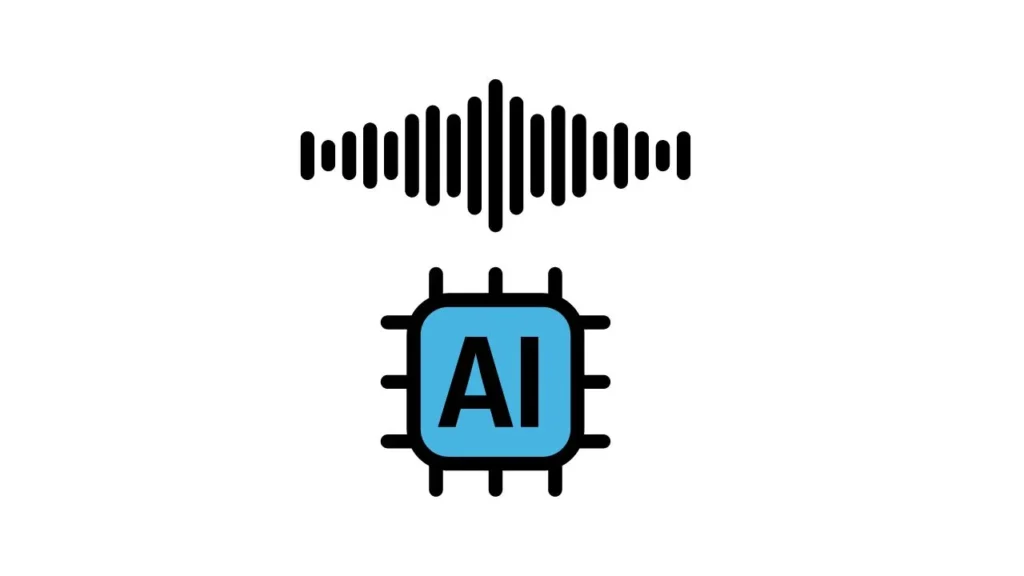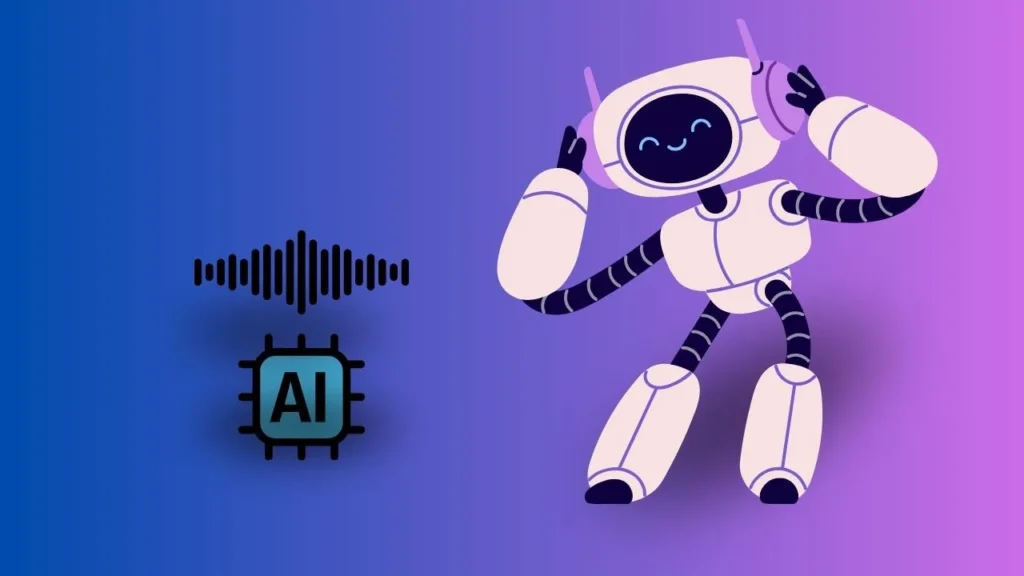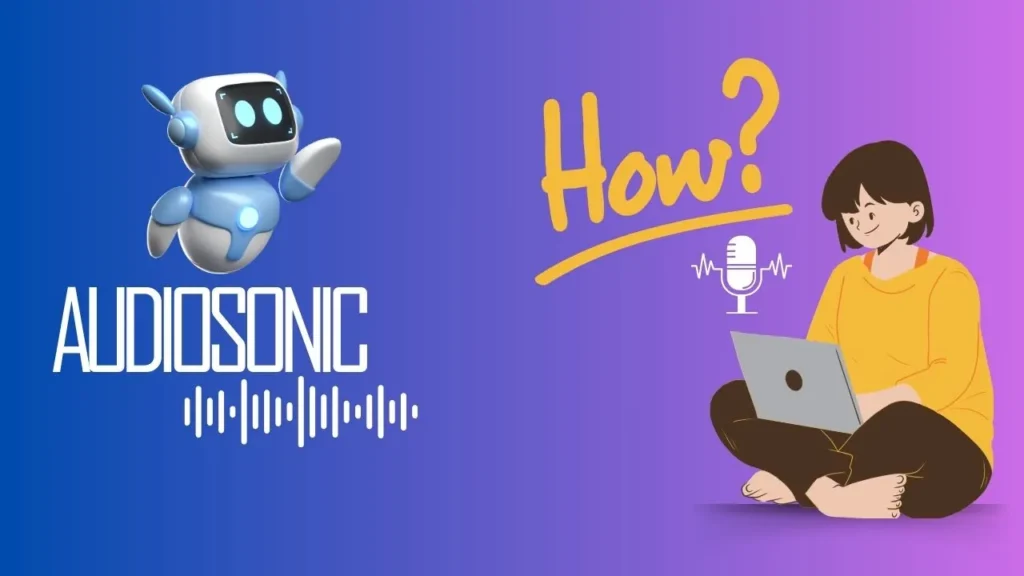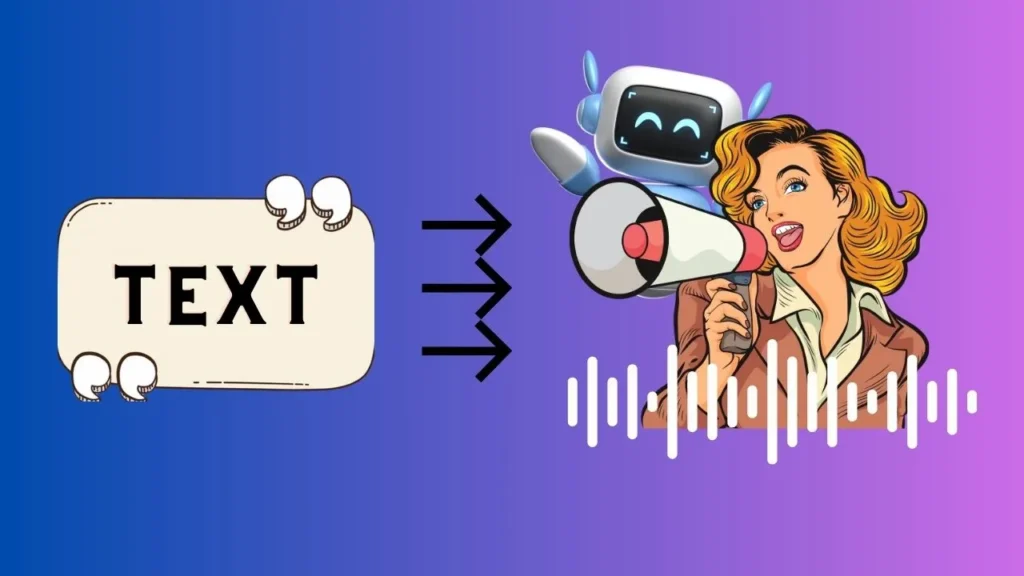Artificial intelligence (AI) has revolutionized various industries, and the field of music is no exception. With the ability to analyze vast amounts of data and learn from patterns, AI has opened up new possibilities in music creation. In this article, we will explore the world of AI-generated music, its benefits, how it works, popular platforms and tools, tips for creating captivating AI-generated music, the future of AI in the music industry, and conclude with some frequently asked questions.

How AI-Generated Music Works?
AI-generated music is made possible through the use of machine learning algorithms. These algorithms are trained on vast datasets of existing music, analyzing patterns, structures, and harmonies. By learning from this data, AI algorithms can generate new musical compositions that mimic the characteristics of the inputted styles.
One common approach in AI-generated music is the use of recurrent neural networks (RNNs). RNNs are designed to process sequential data, making them suitable for music generation. The algorithm is trained on a dataset of music, learning patterns such as chord progressions, rhythms, and melodies. Once trained, the RNN can generate new music by predicting the next note based on the previous context.
Another approach is the use of generative adversarial networks (GANs). GANs consist of two neural networks: a generator and a discriminator. The generator creates new music, while the discriminator evaluates its quality. Through an iterative process, the generator improves its output based on the feedback from the discriminator, resulting in increasingly realistic and captivating AI-generated music.
The Benefits of Using AI-Generated Music
AI-generated music offers several notable Benefits for both musicians and listeners. Firstly, it provides a limitless source of inspiration. AI algorithms can analyze the vast catalog of existing music and generate new compositions that blend different genres, styles, and moods. This opens up a world of possibilities for musicians seeking fresh ideas and unique sounds.
AI-generated music can save time and effort in the composition process. Musicians often spend countless hours experimenting with melodies, chords, and arrangements. With AI, they can input their preferences and let the algorithm generate a piece that aligns with their vision. This allows artists to focus more on the creative aspects of music-making rather than getting stuck in the technicalities.
AI-generated music provides opportunities for collaboration. Musicians can use AI tools to create a basic framework or backing track, which can then be further developed and enhanced by other artists. This collaborative approach can lead to exciting new compositions that blend different styles and perspectives.
Popular AI-Generated Music Platforms and Tools
The growing Popularity of AI-generated music has led to the emergence of various platforms and tools that cater to musicians and enthusiasts. One popular platform is Jukedeck, which allows users to generate royalty-free music in different genres and moods. Jukedeck’s AI algorithm can create fully composed pieces within minutes, providing musicians with a vast library of customizable tracks.
Another notable tool is Amper Music, which combines AI with human creativity. Amper’s AI technology can generate music tailored to specific needs, such as advertisements or film soundtracks. Users can customize the generated music by adjusting parameters like tempo, instrumentation, and mood, resulting in unique compositions that fit their requirements.
OpenAI’s MuseNet is a powerful tool that allows musicians to explore the possibilities of AI-generated music. MuseNet can generate compositions in various styles and genres, ranging from classical symphonies to jazz improvisations. By providing musicians with a creative playground, MuseNet encourages experimentation and pushes the boundaries of AI-generated music.
Tips for Creating Captivating AI-Generated Music
While AI-generated music offers exciting possibilities, it is essential to approach it with creativity and intention. Here are some tips to ensure your AI-generated music stands out and captivates listeners:
- Personalize the output: Although AI algorithms can generate music automatically, it’s crucial to make it your own. Customize the generated compositions by adding your unique touch, such as incorporating live instrumentation or tweaking the arrangement to suit your style.
- Experiment with different inputs: AI algorithms can generate music based on various input parameters, such as mood, tempo, or genre. Don’t be afraid to experiment with different combinations to discover new and unexpected musical outcomes.
- Combine AI with human creativity: AI should be seen as a tool to enhance human creativity rather than replace it. Consider collaborating with other musicians or incorporating AI-generated elements into your compositions to create a harmonious blend of human and machine-generated music.
The Future of AI in the Music Industry
AI has already made a significant impact on the music industry, and its influence is only expected to grow in the future. As AI algorithms continue to improve and become more sophisticated, we can anticipate even more realistic and captivating AI-generated music. This will open up new avenues for musicians, allowing them to explore uncharted territories and push the boundaries of music creation.
Additionally, AI-generated music has the potential to enhance the listener’s experience. Personalized music recommendations and tailored playlists can be generated based on individual preferences, creating a more immersive and enjoyable listening experience. AI algorithms can analyze a user’s listening patterns and recommend new music that aligns with their tastes, introducing them to new artists and genres.
Conclusion
In conclusion, Artificial intelligence has unleashed a new era of creativity in the music industry. Through AI-generated music, musicians can tap into a limitless source of inspiration, save time in the composition process, and collaborate with other artists. As AI algorithms continue to evolve, we can expect to witness even more captivating and groundbreaking compositions. Embracing the power of AI in music creation can lead to exciting possibilities and push the boundaries of musical expression.
FAQs
Can AI-generated music replace human musicians?
AI-generated music should be seen as a tool to enhance human creativity rather than replace it. While AI algorithms can generate compositions, they lack the emotional depth and creative intuition that human musicians bring to their art. The most compelling music often arises from the fusion of human and AI-generated elements.
Are there any copyright issues with AI-generated music?
Copyright issues surrounding AI-generated music are still being explored. Currently, the responsibility for copyright lies with the person or organization that owns the AI algorithm. However, as AI becomes more advanced and capable of creating truly original compositions, legal frameworks may need to adapt to address the ownership of AI-generated music.
Can AI-generated music evoke emotions like human-composed music?
AI-generated music has the potential to evoke emotions, but it may lack the depth and nuance of human-composed music. While AI algorithms can learn from existing emotional patterns in music, they can struggle to capture the full range of human emotions. However, as AI continues to improve, we may see advancements in this area.
Is AI-generated music considered authentic?
The concept of authenticity in music is subjective and can vary from individual to individual. Some listeners may perceive AI-generated music as authentic, while others may prefer human music. Ultimately, the authenticity of AI-generated music lies in the ear of the beholder.



